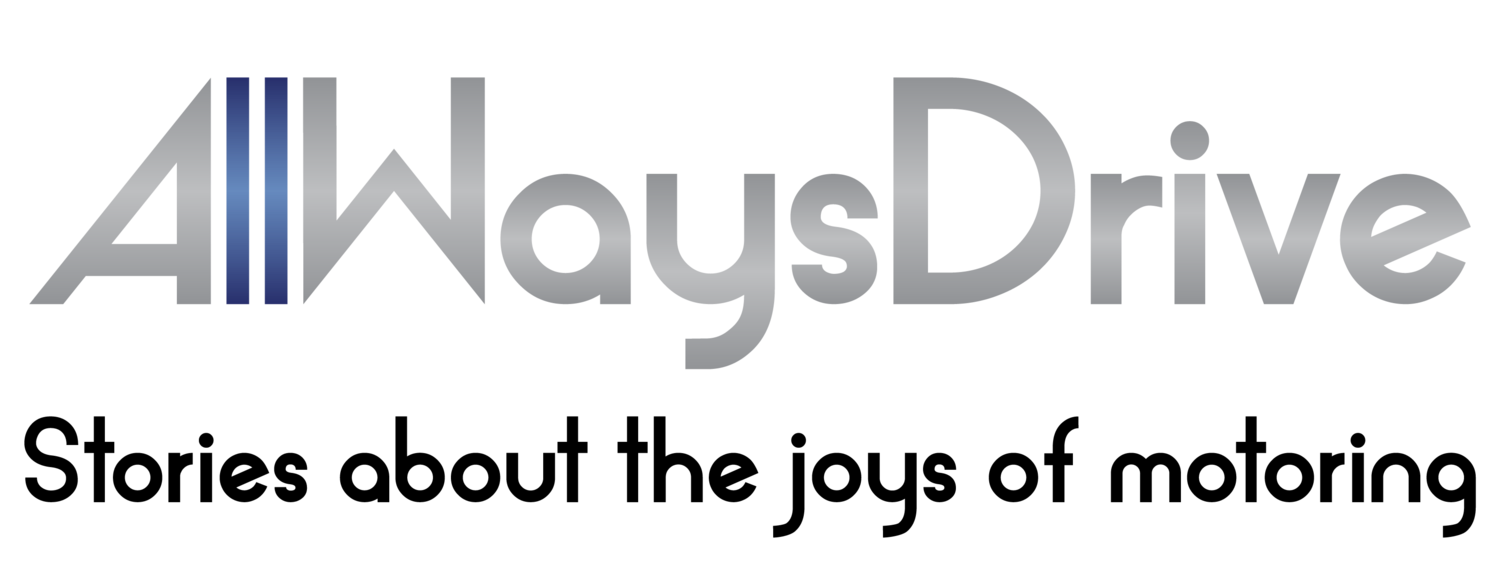The automotive landscape is in a pretty significant state of flux right now, with sales down, tariffs up, and a trade war looming around the corner. But, driven by the ever-increasing pressure to generate value for their shareholders, automakers can’t just sit back, shrug and say, “hey, shit happens, guys.” So what we’re seeing is a dramatic uptick in the number of partnerships between automakers and investment by automakers in technology companies. The largest of these is undoubtedly Nissan-Renault-Mitsubishi partnership, heralded by Carlos Ghosn, which is an alliance, but not a single company like the Volkswagen Automotive Group, which holds Audi, Porsche, Bugatti, Skoda and others. Just by cooperating, Nissan-Renault-Mitsubishi saved a collective $6.6 billion last year alone. This is by sharing development costs of new platforms, technologies, parts, components and by their increased purchasing power, being able to buy more in bulk at a cheaper price. The alliance is basically like a membership to automotive Costco. There's been talk about this alliance becoming a merger, but Ghosn squashed those rumours this week.
And when someone says their alliance saved them almost $7 billion in a year, people start paying attention, specifically that same Volkswagen Automotive Group announced a strategic alliance this week with Ford. The details of the Memorandum of Understanding signed are pretty vague, but it sounds from the statements made like it’s an awful lot like Nissan-Renault-Mitsubishi, where they will share development costs and technology, apparently primarily for commercial vehicles. I’d say this is a win for both companies since Ford has been ahead in the hybrid game for a while and Volkswagen’s infotainment system is one of the best I’ve used in a long time, but how necessary those are for commercial vehicles is another question. I’ll go ahead and take credit for the partnership since my household has been a Ford-VW garage since February.
Volkswagen isn’t stopping with Ford though. Through their Audi brand, they are partnering with Hyundai to co-develop fuel cell vehicles. Audi has apparently been tasked with developing fuel cells for the rest of the Volkswagen Automotive Group while VW works on battery cars. Audi will start working with Hyundai’s ix35 fuel cell SUV and the forthcoming Nexo and leverage collective R&D to take their fuel cell tech to the next level. The next level, of course, being a level at which someone might want to purchase a fuel cell vehicle, which I think is probably more a matter of fueling infrastructure than car quality or availability at this point. Regardless, the partnership should save both companies a lot.
But speaking of Volkswagen running the battery game, they announced this week that they have increased their stake in QuantumScape Corporation, forming a joint venture for the purpose of producing viable solid state batteries. The goal here is to put them in production vehicles by 2025. If that sounds familiar, it’s because Toyota is doing pretty much the same thing, but on their own. Future partnership incoming? As a refresher, solid state batteries, basically pack more power and energy storage capacity into smaller packages. They said that a solid state battery could increase the range of VW’s E-Golf from its current 186 miles on lithium ion batteries to a whopping 466 miles, which would beat basically every other car out there right now. Hell, that’s more range than my GTI gets on premium gas. I may be looking at the Golf GTE come 2026 or so!
Also in the Volkswagen Automotive Group, Porsche has bought a minority stake in Rimac, makers of two electric super car models, one of which was crashed by Richard Hammond on a hill climb attempt last year. As is the case with most partnerships entered into voluntarily, both companies stand to benefit, with Porsche tapping into Rimac’s experience with electric super cars for their upcoming Taycan and future electric cars, and Rimac getting access to Porsche’s suppliers and potentially greater savings on parts from increased purchasing power.
And you know what stands out to me about these partnerships? They’re all international. Every single one. To me they show the great potential for progress when companies work together, share technology and help one another out, rather than operating in silos, shutting out the competition. The market is tough right now, and if companies are going to survive, they have to work together. And the result for us petrolheads? More choices, lower costs and better, more developed options. If only more people believed in tearing down walls, huh?
Authored by
Devlin Riggs











